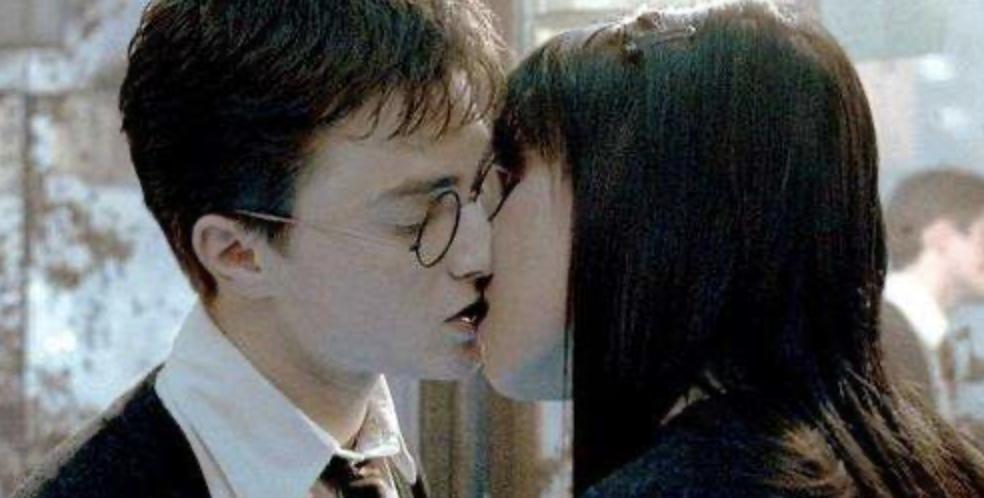Remember Harry's kiss with Cho Chang in the movie Harry Potter and the Order of the Phoenix? I don't know if you noticed the plant above their heads, which is a member of the Christmas "atmosphere group": mistletoe. In Western culture, mistletoe symbolizes romance, vitality and fertility, so on Christmas Day, if you stand under the mistletoe with your loved one, you must kiss.

When you think of Christmas, you always think of gifts, elk, Christmas trees, or getting together with your family. But there's a lot of weird trivia about Christmas!
As we all know, Christmas is set up to celebrate the birth of Jesus, but the Bible never mentions that Jesus was born on this day, and even many historians believe that Jesus was born in the spring. It was not until the 3rd century that December 25 was officially designated as Christmas.
Santa Claus doesn't always wear red. Santa Claus used to wear green clothes to remind people that spring was not far away. It wasn't until 1931 that artist Haydn Sambu created posters for Coca-Cola Christmas ads. The image of Santa Claus stopping for a bottle of Coca-Cola was hugely popular. In this way, it also successfully shaped the image of Santa Claus recognized by people today as red-clad and white-bearded, cheerful and joyful.
Rudolf the reindeer had a red nose since birth and was often teased by other deer. However, on a snowy Christmas Eve, Rudolph used his red nose as a signal to gather the lost elk. Since then, no matter the rain, snow, wind and frost, Rudolph's red nose has penetrated the fog and led Santa Claus to send Christmas happiness to the children.
Legend has it that there was a fallen nobleman with a good heart who had a difficult life. The three daughters are about to get married, and it is very sad that as a father, there is no money to buy a dowry. On Christmas Eve, Santa Claus decides to help the family by throwing three bags of gold from their chimney, one of which happens to fall into a stocking hanging on the fireplace. So the custom of putting gifts in long socks for children was passed down.
"Ding-dong, ding-ding-ding, jingle-ding Because it is very popular, it is sung again at Christmas. Soon, the song was associated with the Christmas holidays. Two years later, the song's name was officially changed to "Jingle Bells".
(The picture in the text is from the Internet)